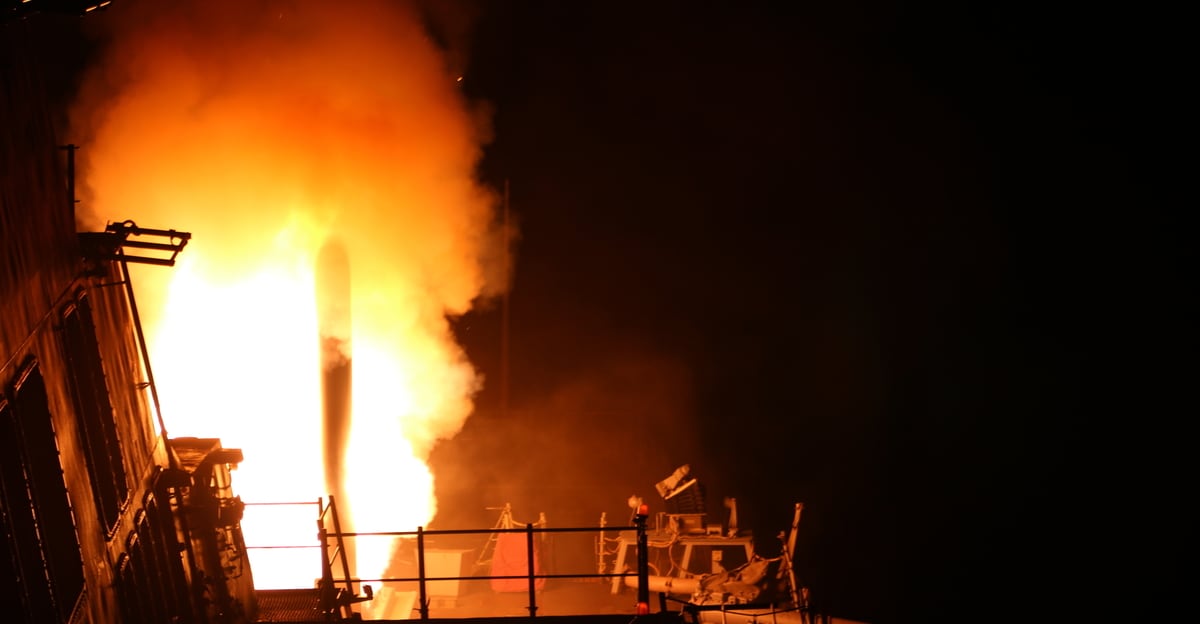A Navy sailor sexually abused three male shipmates on board the guided-missile destroyer Laboon while they were sleeping, military prosecutors allege.
Interior Communications Electrician 3rd Class Kyrick Lee is accused of touching his shipmates’ genitalia through their clothing in April 2017 and again in February and June of 2018, according to charge sheets provided to the Navy Times.
The names of the alleged victims are redacted in the records.
Lee was initially scheduled to appear at a general court- martial trial beginning Monday at Naval Station Norfolk but the case was continued and has not yet been scheduled, Navy Region Mid-Atlantic spokesman Jeff Hood said.
Lee enlisted in November 2014 and was assigned to Laboon from July 2015 through February 2019, according to Navy biographical records.
Laboon was deployed during the alleged second spate of assaults.
Operating in the Red Sea, the destroyer fired seven Tomahawk cruise missiles to strike targets in Syria in mid-April 2018 following a suspected chemical weapons attack by Bashar Al-Assad’s regime.
Requests routed through Navy public affairs officers for comment from Lee’s military defense attorney were not answered.
The Virginian-Pilot first reported Lee’s case.
RELATED

A Pentagon report released last year found that men and women on board Navy ships at sea were more likely to be sexually assaulted than service members at bases across the force.
Released in May, the Defense Department’s fiscal 2018 report on unwanted sexual contact found that 6.2 percent of active duty women and a little less than 1 percent of active duty men had experienced a sexual assault.
The active duty Navy reported slightly higher rates: 7.5 percent of women and 1 percent of men.
“What we do know historically is men are reluctant to come forward," said retired Air Force Col. Don Christensen, now the president of Protect Our Defenders, a group that fights to end sexual assault in the ranks.
Partly that’s because they feared they would not be believed or might be stigmatized, he said, but the Pentagon’s Don’t Ask Don’t Tell policy also didn’t help.
Scrapped in late 2011, for nearly two decades DADT urged service members to conceal their homosexuality — which was criminalized under military law — and that dissuaded many victims from reporting assaults, Christensen said.
"If you’re a man, you should be able to fight that off” and similar notions didn’t help end the stigma, he added.
Christensen credits the demise of Don’t Ask, Don’t Tell, increased media attention on military sexual assault and the creation within the services of special legal counsel programs for victims with spurring more men to report crimes against them.
Courtney Mabeus-Brown is the senior reporter at Air Force Times. She is an award-winning journalist who previously covered the military for Navy Times and The Virginian-Pilot in Norfolk, Va., where she first set foot on an aircraft carrier. Her work has also appeared in The New York Times, The Washington Post, Foreign Policy and more.





